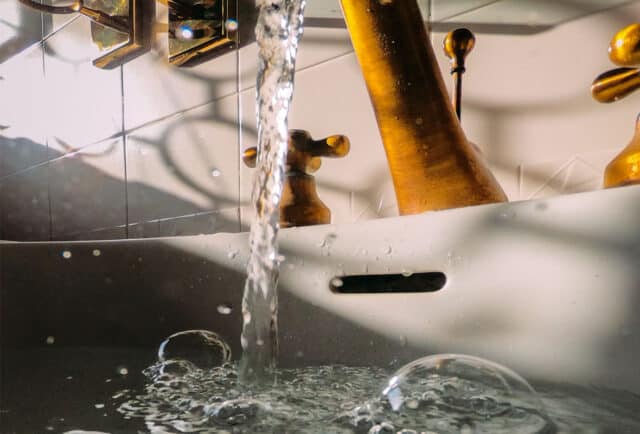1. Identify the Contaminants You Want to Remove
- Check your water quality report
- Consider what contaminants are common in your area
- Consider any specific health concerns
2. Choose the Right Type of Water Filter
- Activated carbon filters
- Reverse osmosis systems
- UV water purifiers
- Ion exchange filters
- Ceramic filters

3. Look for Third-Party Certifications
- NSF International
- Water Quality Association
- Underwriters Laboratories
4. Consider the Filter’s Lifespan and Maintenance Requirements
- Lifespan varies by filter type and brand
- Replacement and maintenance costs should be considered
- Some filters require regular cleaning and changing
5. Check Your Budget and Compare Prices
- Consider both the upfront cost and ongoing maintenance costs
- Look for sales and deals from reputable retailers
6. Read Reviews and Get Recommendations
- Check online reviews from trusted sources
- Ask friends, family, or your plumber for recommendations
7. Consult with a Professional
- A plumber or water treatment specialist can help you determine the best filter for your needs
- They can also assist with installation and maintenance.
Remember to consider your specific needs and do your research to ensure you are purchasing the right water filter for your home.
Latest posts by Alex (see all)
- Why Brawoliner is the Best in Pipe Relining Business - August 4, 2025
- Aftercare of Pipe Relining: How Hard is it Really? - August 4, 2025
- Revitalizing Your Sewer Pipes: How Sewer Pipe Relining Works - August 4, 2025





